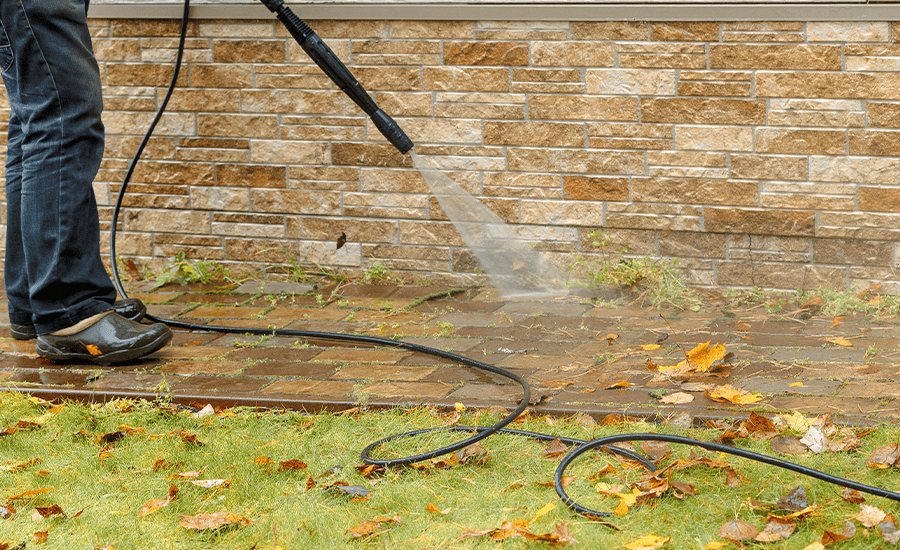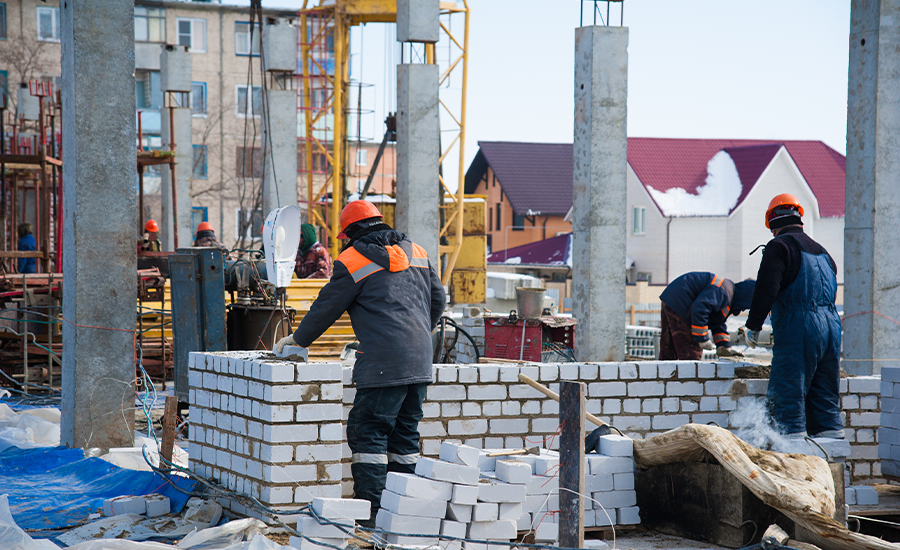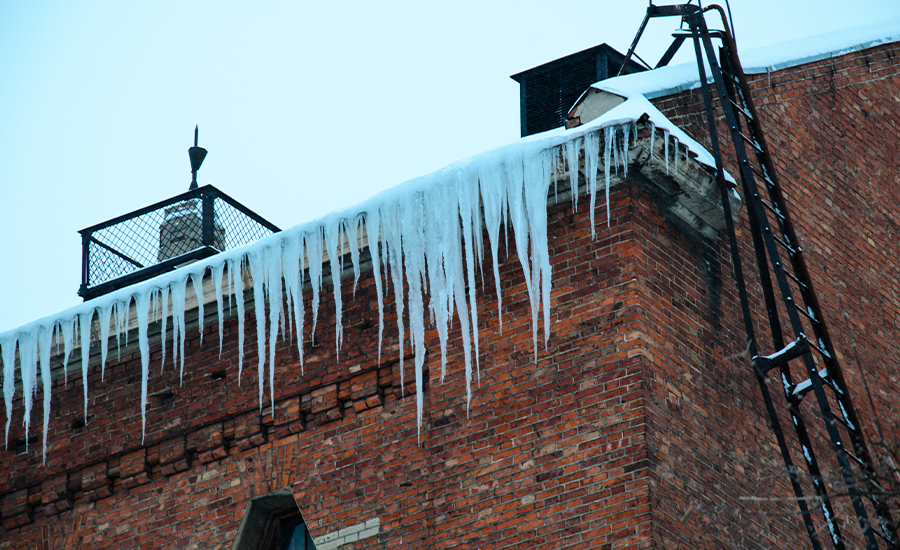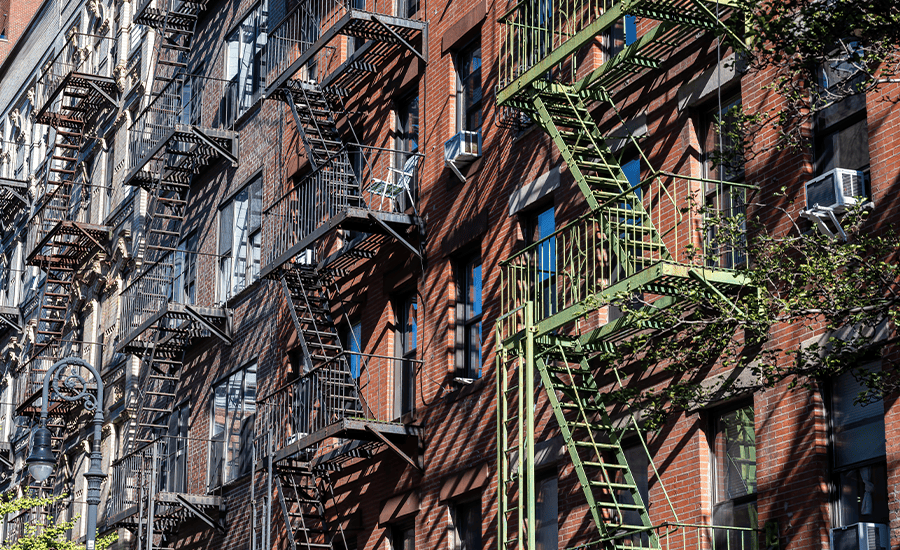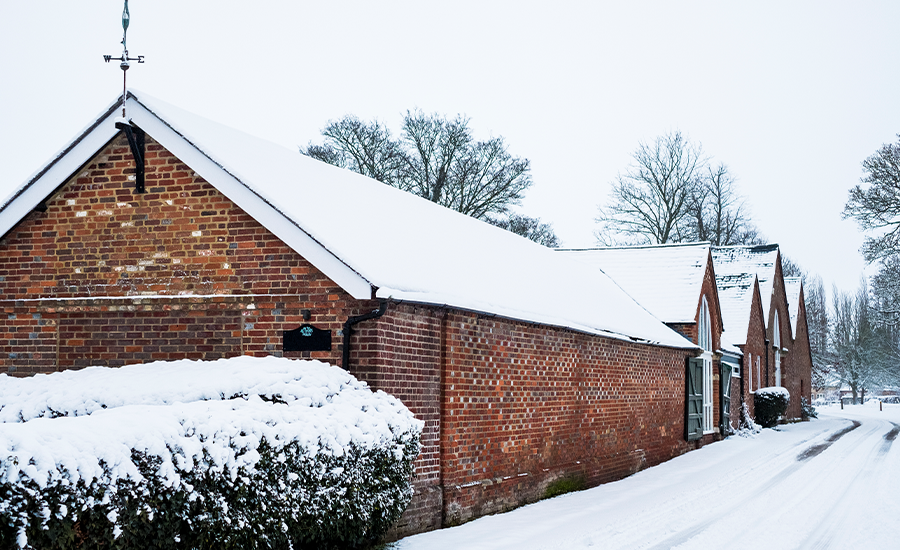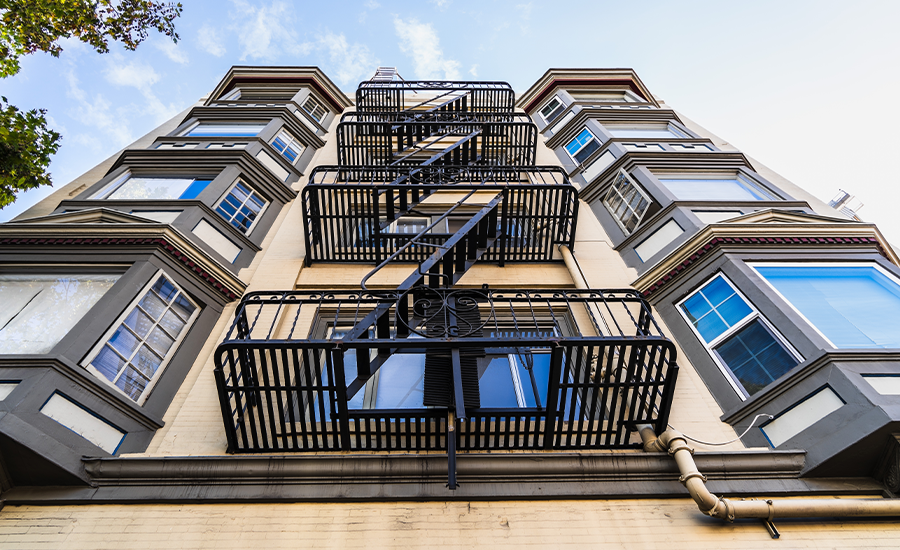Winter is the time of year when extra effort is needed in pressure washing, and homeowners should be extra cautious as the days grow shorter. Sunlight doesn’t properly dry moisture, which causes dampness in masonry units, slippery surfaces, brick brittleness, and equipment sensitivity. The professional pressure-washing contractor in NYC advises planning your residential and commercial pressure washes for the season and year-round. Using the appropriate deicer, like eco-friendly liquids, calcium chloride, and magnesium chloride, can help you effectively remove all the ice and snow. The ideal temperature to pressure wash your property in winter is 55°F. Make sure to apply all the safety tips and tricks to keep your masonry dry asap, without fear of damage or mold infestation.
In this blog, we’ll provide safety guidelines and tips for pressure washing your property in winter, including potential safety hazards, the best types of deicers, and a safety checklist.
Why Winter Increases Pressure Washing Danger?
Winter comes with some serious safety risks when it comes to pressure washing, so winter increases the pressure washing danger, which leads to:
- Water freezes instantly on cold surfaces.
- Frequent lip accidents.
- Frozen tools & connections.
- Surfaces like concrete and wood become more brittle.
- Reduced daylight and poor visibility.
- Cleaning agents lose effectiveness.
- Overspray turns into ice around the work zone.
Safe Temperature Ranges For Pressure Washing In Winter
Temperature monitoring is crucial to pressure washing. Different surfaces have different cooling capacities compared to typical environmental temperatures, such as concrete, metal, and stone. So, make sure to wash your hands in a safe temperature range:
| Temperature | Degree of Danger |
|---|---|
| Below 32°F (0°C) | Critical |
| 33–40°F (1–4°C) | Major risk |
| 41–55°F (5–12°C) | Manageable |
| 55°F+ (13°C+) | Low-level risk |
Safety Precautions You Must Know
Here is the list of safety precautions residential and commercial property owners must follow to keep their property free from violations:
Use heated water-pressure washers
- Prevents freezing in hoses and pumps
- Improves cleaning efficiency
- Reduces detergent usage
- Melts thin ice during cleaning
Use De-icing Solutions
- Sodium chloride crystals
- Magnesium chloride
- Calcium chloride
- Eco-conscious liquid deicers
Use Protective Gear
- Insulated gloves & boots
- Thick waterproof outerwear
- Base-layer thermal clothing
- Eye & face protection
- Ear protection
- Thermal neck scarf
- Knee protection pads
Apply freeze-resistant detergents
- Active at low temperatures
- Less streaking
- Faster cleaning
- Better grease removal
Reduce Ice Buildup
- Work in small sections
- Use squeegees to remove water quickly
- Apply deicer between cleaning cycles
- Use hot water when possible
- Maintains water flow
If you’re preparing your property for colder days, you can also read our guide on pressure washing driveways and patios before the cold sets in for smoother winter maintenance.
Mistakes That Lead to Damage In Winters
Make sure to avoid the following hazardous damages while pressure washing in winter:
- Washing in below-zero temperatures
- Not using winter-grade cleaners
- Not removing the ice
- Leaving all the gears outdoors
- Letting water accumulate
- Not using PPE
- Harsh cleaning on cold surfaces
- Overlooking dropping temps
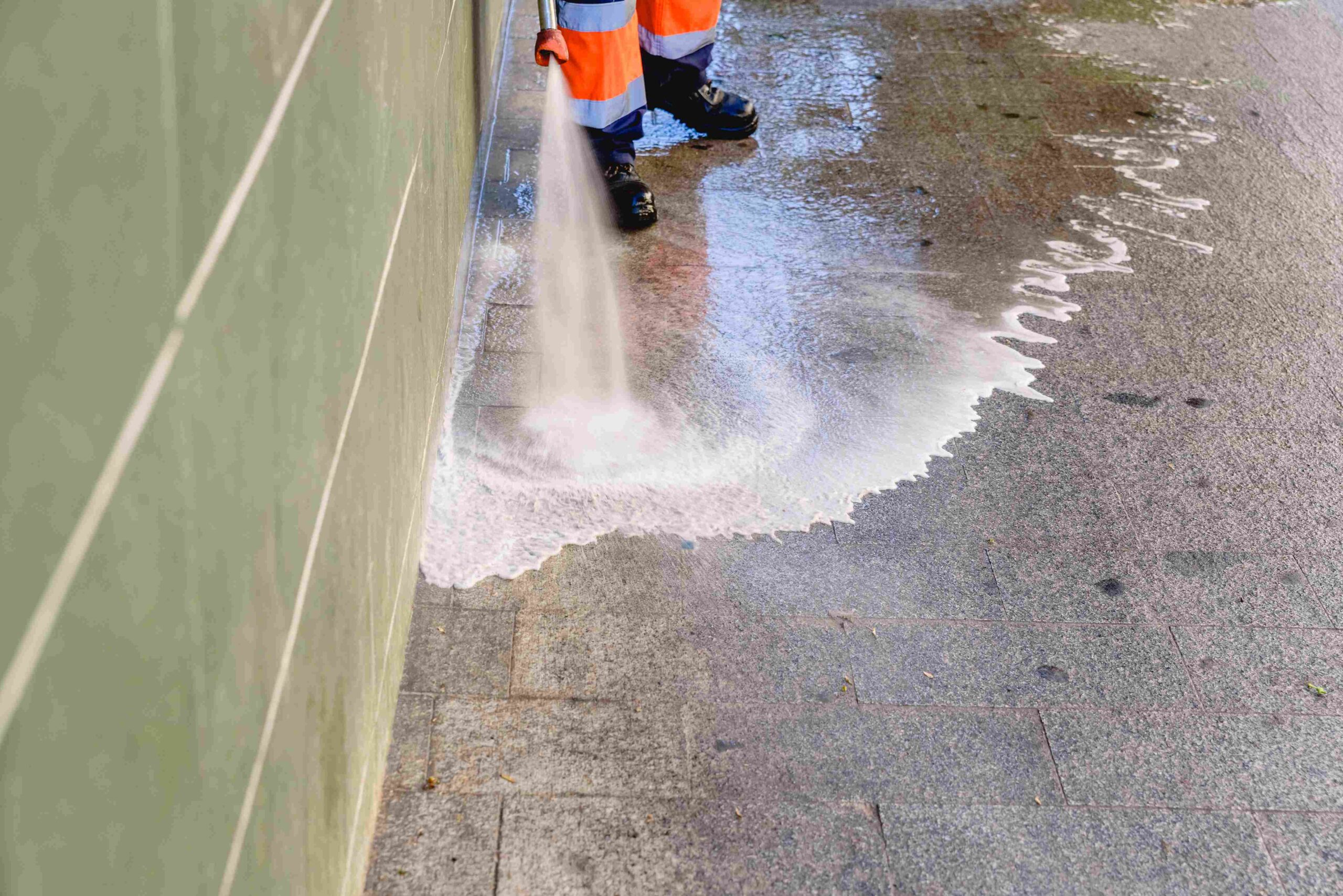
Winter Washing Safety Inspections Checklist
Make sure to follow this checklist for safety inspections:
- Monitor outside temperature
- Always check pressure washer fittings
- Use good-quality deicers on the surface
- Set up heated water pressure
- Use cold-weather PPE
- Pre-clean the working site
Conclusion
Winter pressure washing needs proper planning, the right deicers, and careful temperature monitoring to prevent damage to masonry and equipment. When surfaces stay cold and daylight is limited, even minor mistakes can lead to cracks, ice buildup, or unsafe working conditions. By following proven winter safety steps and using winter-grade tools, you can maintain cleaner and safer residential and commercial structures. These precautions help you avoid costly repairs and keep your property ready for the season.
Sardar Restoration Corp proudly serves every corner of NYC, including the Bronx, Manhattan, Brooklyn, Westchester, and Queens. Our services are designed to meet your specific needs, providing top-quality solutions wherever you are. Check our service areas to see how we can assist you in your location.
Contact us today at (+1) 917-355-8556 or sardarrestoration@gmail.com, or visit us at 2770 Fish Ave, Bronx, NY 10469, United States.
FAQs
Do you offer winter pressure washing services?
Yes! Sardar Restoration Corp. offers winter pressure washing services, providing complete winter pressure washing with high-temperature washers, heat-retaining hoses, and anti-freeze detergents designed to clean in cold weather.
Can pressure washing in winter cause cracks in masonry?
Yes, if the surface is too cold, sudden water impact can make bricks and concrete more brittle. Always stay within safe temperature ranges to prevent surface cracking.
Do you work on residential and commercial properties in winter?
Yes! Sardar Restoration Corp. takes care of residential and commercial properties during winter, using winter-appropriate detergents and monitoring temperatures while working.
What type of pressure washer works best in cold weather?
A heated pressure washer performs better in winter because it keeps the water from freezing inside hoses and helps melt thin ice during cleaning.
Do you clean icy or frozen surfaces?
Yes, for sure! Sardar Restoration Corp. expertly removes ice and snow from surfaces using deicers such as CaCl₂ and MgCl₂, which are safe for freezing surfaces and help prevent damage.
Do you guarantee safe winter cleaning?
Yes! Our pressure washing contractor in NYC offers slip-free, freeze-free, damage-free, and safe winter cleaning with zero shortcuts.
Should I pressure wash after a snowfall?
Only if the snow and ice are removed first. Washing directly over snow creates an icy layer that becomes slippery and unsafe. Clear the area, apply a deicer, then wash.

